Calibration
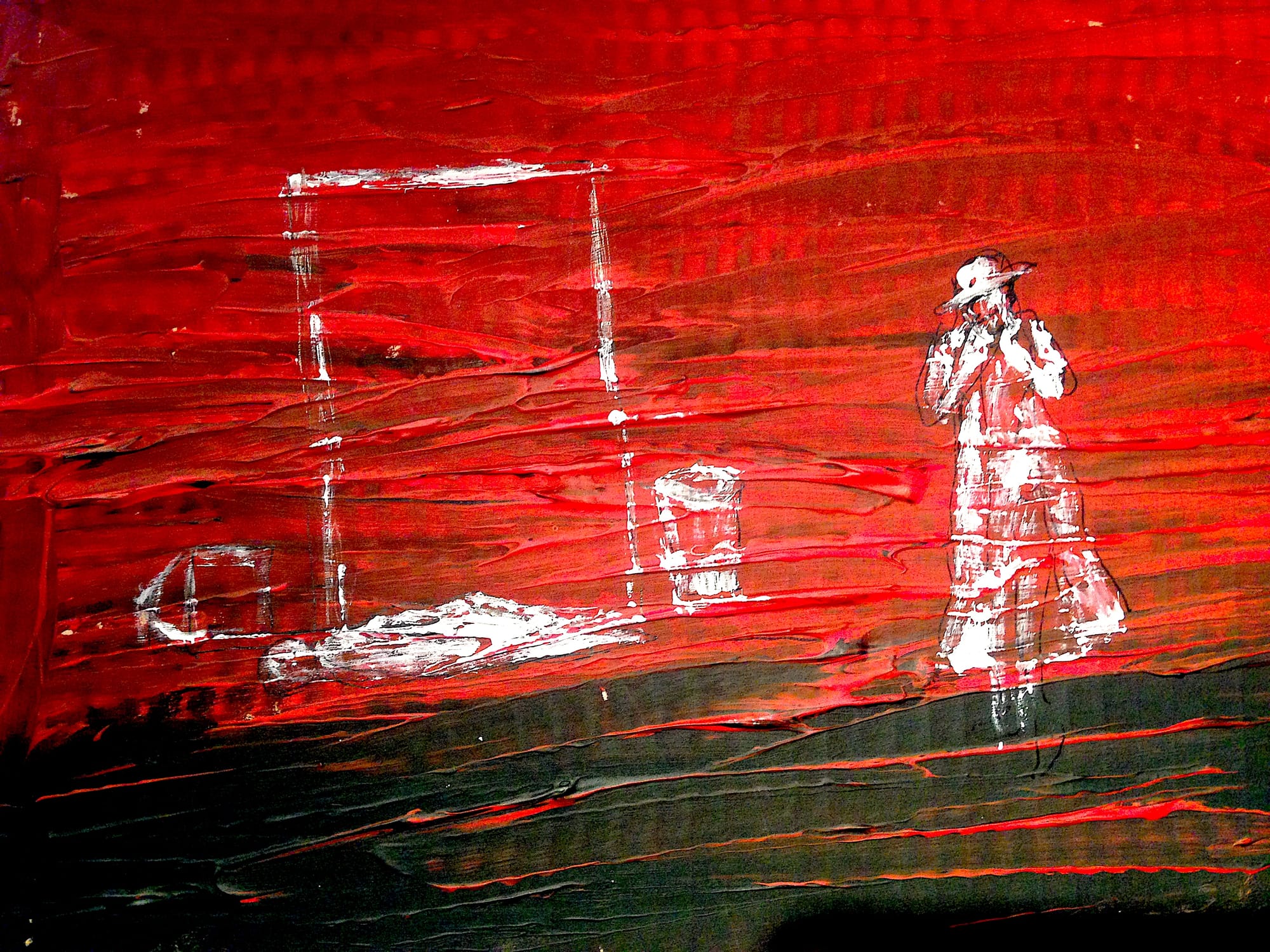
By Neal DeRoo
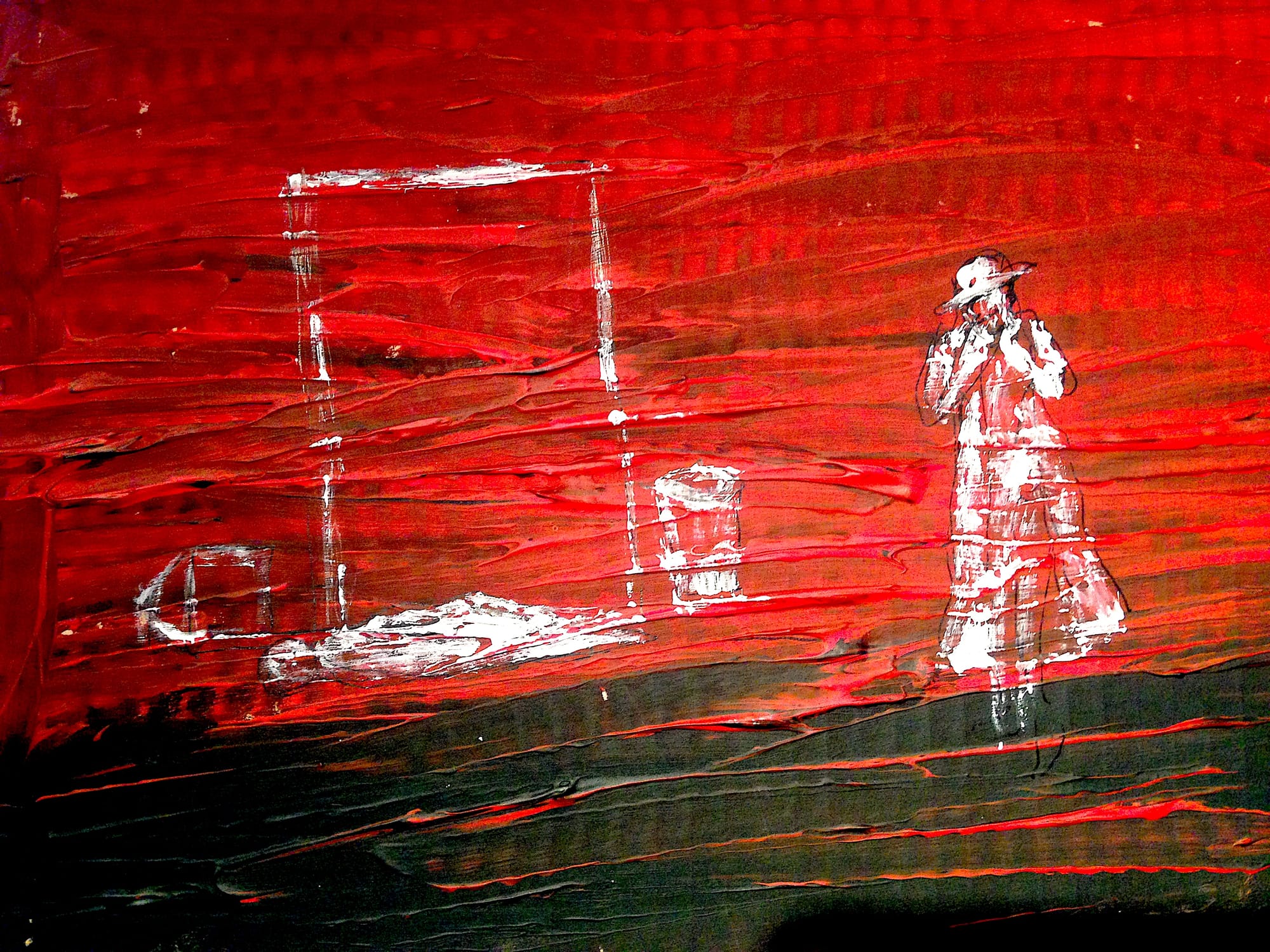
When I’m meeting new people (or, at least, when I used to meet new people, back before COVID), it is inevitable that they will ask some version of “So, Neal, what do you do for a living?” And when I say that I teach philosophy, I tend to get one of two responses: a blank stare followed by them immediately moving on to talk with someone else; or a statement like “I took a class in that once—I HATED it. Is the chair really there or is it just in my mind? Who Cares!?!” This confirms two things to me: first, philosophers tend to have terrible imaginations, and almost always make examples out of things we can see in our immediate vicinity (tables, chairs, what’s outside the office window, etc.); and second, much of what we do in ‘academic’ philosophy fails to register as interesting to most people. This does not mean that what we do is unimportant, or that it has little impact. But if it is important (and I tend to think it is, or at least that it could be), that isn’t obvious to most people. Including, perhaps, to ourselves. This point was driven home to me when someone responded to my being a philosopher by saying “That’s kind of interesting. Why do you do that?” I responded with some self-deprecatory quip about not being good at anything else, but the person pushed on: “No, no, I mean what do you hope to accomplish by doing philosophy? What are you trying to do?”
That question has stuck with me in the years since then: what do I hope to accomplish by doing philosophy? To be clear, I don’t think philosophy should simply be reduced to pragmatic (and even less to ‘productive’) concerns. But I do think it’s worthwhile to consider why we are doing philosophy: are we just hoping for a job that pays the bills? For some kind of personal intellectual enlightenment? To become philosopher-kings (or queens)? One thing I am not trying to do in philosophy is find a set of ‘right answers’ that definitively answer questions about “the way things are.” Seeking such things is both impossible (non-divine beings that we be, none of us can get a “God’s eye view” of the world or anything in it) and, at least philosophically, undesirable. Qua philo-sophia , we are seeking ways of living well in the world, and not merely epistemic information about the world. For that, we need conceptual tools (ideas, theories, reasons, explanatory models, etc.) that help us make sense of the world as we live it.
But of course tools are only as good as the job they are calibrated to do (a hammer is not very helpful if I need to screw in a light bulb, and a laser level is not very helpful if it is misaligned). So these conceptual tools require constant refining, needing to be recalibrated to changing conditions and clarified in terms of what they can and cannot do, what kinds of questions they can and cannot answer, and when they are and are not “useful.” This refining and recalibration requires considering—carefully and philosophically—the place from which we are engaging the world so that we can try to account for the role that place plays in our engagement: is our treatment of some idea or phenomenon wholly dependent on our engaging with it from this (conceptual or political) background at this (historical) time? What are the pertinent elements of our ‘background’ that relevantly shape our engagement with this phenomenon (is race relevant? Class? Gender? Sexual orientation? Skin tone? Psychological state? Geographical location? Personality traits? Family birth order?)? How does each pertinent element shape that engagement (does each affect it differently, or is it the same in all instances? Do ideas function differently or do concepts mean something different given variations in some of these elements?)?
Learning more about the context and manner in which our truths hold true, in turn, enables us to evaluate various things within our lives, though these evaluations must themselves be carefully distinguished, contextualized, and clarified: if a certain viewpoint or approach is ‘better’ than another, we must be careful to explain clearly ‘better’ for what (ethically? Epistemologically? Existentially?), for whom (for all people? Just those from some relevantly similar background?) and in what manner (absolutely or conditionally? If conditionally, what are the conditions?). Such truths are, therefore, necessarily conditional truths—truths that hold within certain conditions. These conditions are the necessary constraints in which we understand, live in, and engage with the world. All people, therefore, utilize some conceptual tools in forming the understanding of the world in which they live and move.
For most people, such an understanding operates implicitly, and usually they cannot necessarily articulate it. As a philosopher, I’m trying to articulate some of those understandings of the world clearly, in the hopes of clarifying the details of some of the contexts in which I find myself (for example, in my case, the religious context of North American Protestant Christianity is a significant milieu for such clarification). That work is meant to help us achieve the best understanding of our life in the world that we can get, where ‘best’ is not simply an epistemic category, but also (at least) an ethical, social, and political category.
But this task—of clarifying and refining the conceptual tools that are operative in our understanding of, and engagement with, the world—is not a completable task. It is never done, because we are never done learning, adapting and changing in light of our various relationships to (and within) a world that does not stand still. Our conceptual tools, like all tools, need regular recalibration. Without that, our tools fail to achieve the tasks we have set for them (our concepts fail to convey a clear meaning, or our ideas engage us with a world that no longer exists), and we are left unable to do something that we need to do (like build social consensus across differing groups, or articulate a commonly shared vision for the future).
As a philosopher, then, I’m trying to help calibrate and refine the conceptual tools with which we engage the world so that those tools can do what we think they can do (communicate shared meaning, for example, or help us engage the same world that others are engaging). Otherwise, we run the very real risk of making thoughtful engagement difficult (or impossible) because the conceptual tools by which we think are no longer well-calibrated to the conditions in which we live. In recent times, this philosophical failure shows itself in “Trump” and “Brexit” as contemporary phenomena where people are often unable to understand the logic, reason, or justification of those taking an alternate position. “We” cannot understand “them” because our conceptual tools are simply not well-calibrated to the conditions in which those phenomena have arisen. As such, these phenomena name the very real risk of a philosophy that contents itself with explaining truths conceptually but fails to help people live or do or be the truth. But to do that, philosophy must ensure that the conceptual tools it refines and calibrates are taken up and used by other people, outside philosophy and outside academia. And this might prove difficult, if we keep making people hate philosophy. It is time to stop chasing ghosts and start working on the tools that can help all of us live better as people in the world.
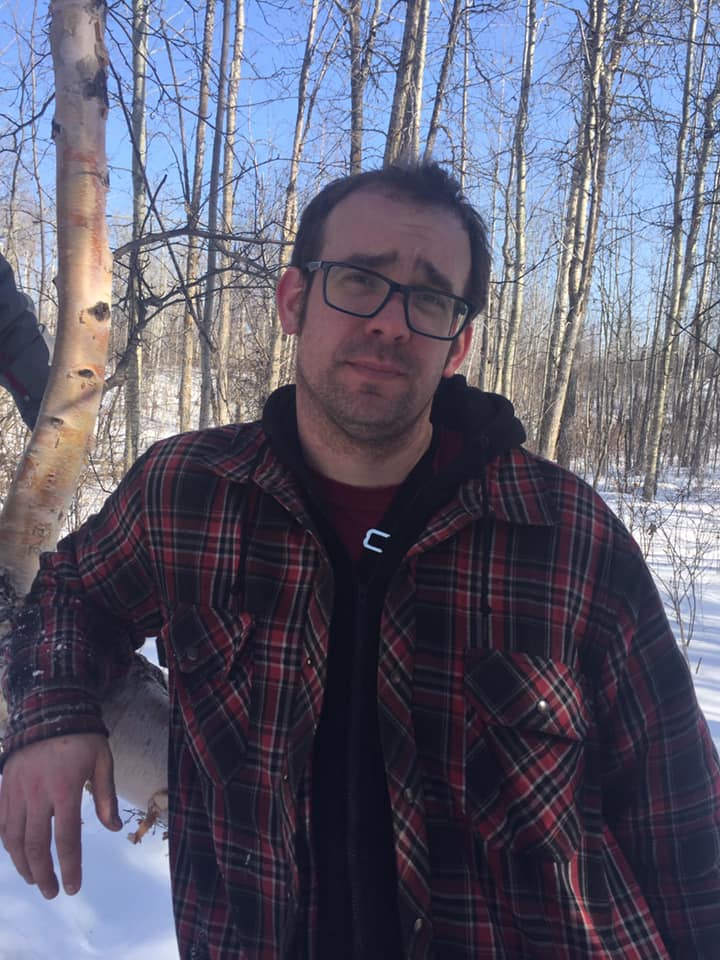
About the Author
Neal DeRoo is Canada Research Chair in Phenomenology and Philosophy of Religion and Professor of Philosophy at The King’s University (Edmonton, Canada).
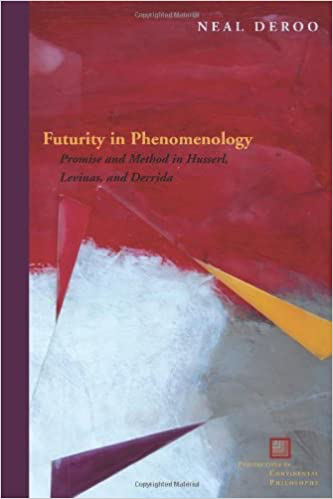
He is the author of Futurity in Phenomenology: Promise and Method in Husserl, Levinas and Derrida and has co-edited several books:
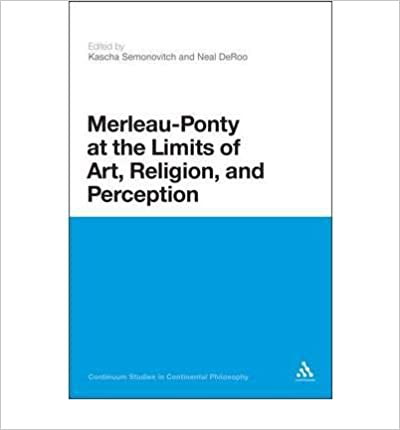
Merleau-Ponty at the Limits of Art, Religion and Perception.
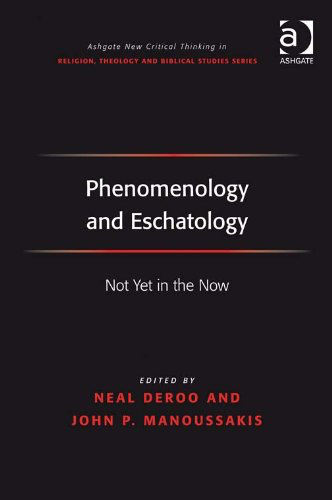
Phenomenology-Eschatology-Not-Yet-Now
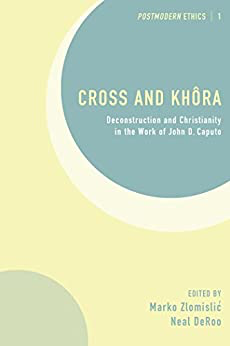
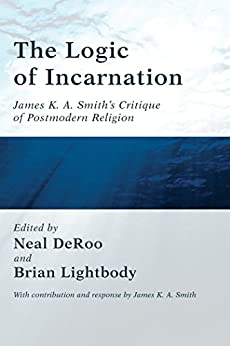
He has just finished a book manuscript titled The Political Logic of Experience: On Expression in Phenomenology and is working on editing or co-editing three volumes in phenomenology and philosophy of religion (on liturgy, on gratitude to God for existence, and on spirituality, respectively). He is just beginning a new book entitled Material Spirituality: A Phenomenology of Religion that seeks to re-think the role of spirituality and religion in our contemporary society. He lives in the woods east of Edmonton with his wife, two kids, a dog and a cat.